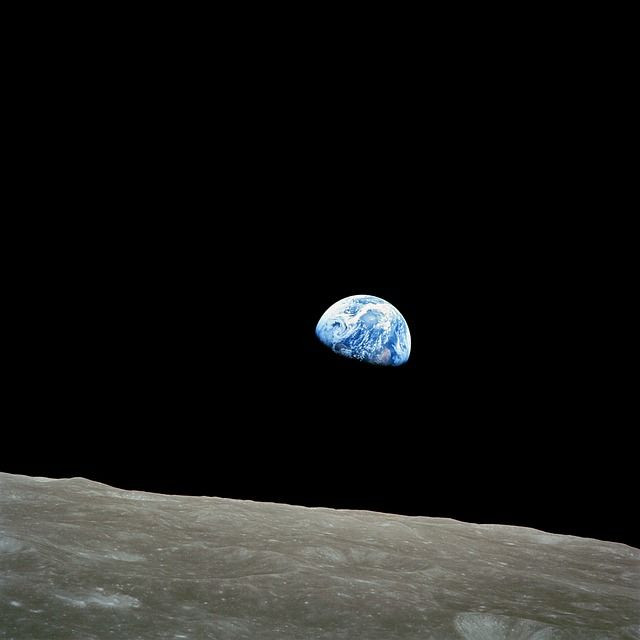New Data Suggests World Population Will Top Out In 2050

Using research gained from monitoring world population trends for the last 110 years, investigators at the Autonomous University of Madrid predict that the number of people on Earth will level off around the year 2050. This report mirrors statements from the United Nations, forecasting a leveling off of population growth in the decades to come.
The world currently has over 7 billion people, a number that has been rising drastically since the world reached its first billion in the year 1804. For each additional billion people added to the population it took 123, 33, 14, 13, 12 and 13 years to finally reach 7 billion in 2012, respectively.
The UN estimates that with high fertility the world will reach 15.8 billion people by the year 2100 and if fertility rates drop the population could plunge below current numbers to 6.8 billion.
The current study utilized algorithms and equations based in particle physics to side with the lower UN estimate. They predicted either a standstill of population or even a slight drop in population by the year 2010.
"We started with a general situation where both the birth rate and mortality rate were high, with slow growth favouring the former," Félix F. Muñoz, UAM researcher and co-author of the project said, "but the mortality rate fell sharply in the second half of the 20th century as a result of advances in healthcare and increased life expectancy and it seemed that the population would grow a lot."
However, the past three decades have also seen a steep drop-off in the number of children being born worldwide.
"Overpopulation was a spectre in the 1960s and 70s but historically the UN's low fertility variant forecasts have been fulfilled," Muñoz highlighted.
Interestingly, in 1992 it was predicted that the earth's population by 2010 would be 7.17 billion people, but the actual number was 6.8 billion. Globally, the fertility rate had also dropped by 40 percent since 1950.
"This work is another aspect to be taken into consideration in the debate, although we do not deal with the significant economic, demographic and political consequences that the stabilisation and ageing of the world population could entail," Muñoz concluded.
The research published in the journal Simulation can be found here.



























